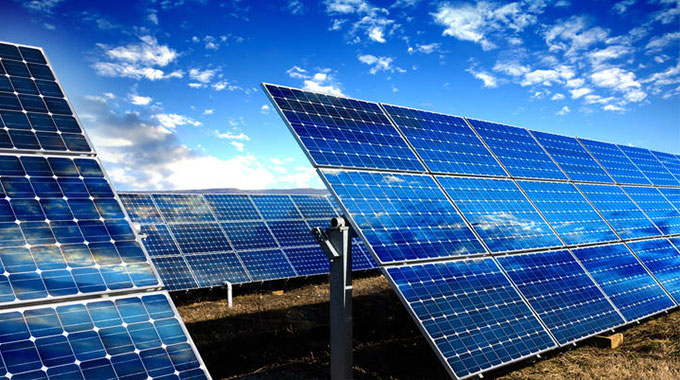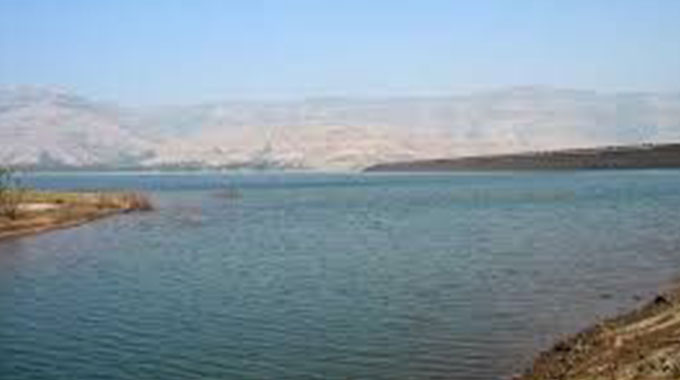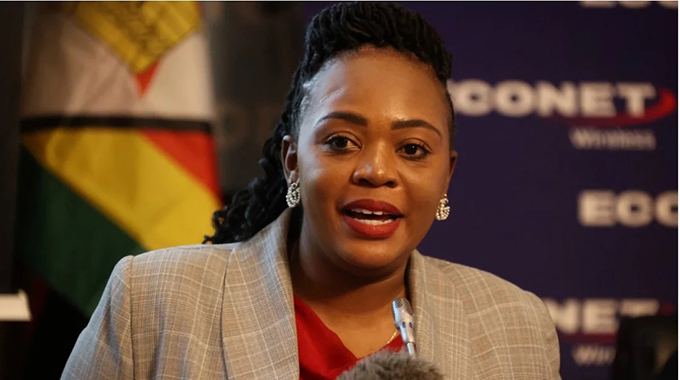Zesa ropes in private solar producers

Oliver Kazunga, Senior Business Reporter
Power utility, Zesa, says private solar producers with excess output can now participate in the net metering programme, which could assist the country to tame power imports and save foreign currency.
The Zimbabwe Electricity Transmission and Distribution Company (ZETDC) said in a statement that the net metering programme was targeting any existing customer producing solar energy on their premises who can feed excess electricity back into the national grid.
The electricity would be fed into the ZETDC network through a grid-tied inventor and a smart meter, which measures both power consumed by the customer and electricity supplied to the grid.
“Any customer willing to participate in net metering is required to complete ENM1 application forms that are obtainable from ZETDC depots, district offices countrywide and the ZETDC website and pay the application fees,” said the power utility.
After approval of the application, the customer is required to complete a connection form and make a payment for connection fees covering, among other things, the cost of the smart meter.
ZETDC will conduct the commissioning test for the installation in the presence of the customer and thereafter, the customer becomes a certified participant.
ZETDC said only electrical power units and not money, shall be credited to the customer account and this will benefit the customer by keeping their bills low as it reduces the total units billed at the end of the month.
“Net metering is beneficial to the utility and the nation at large through the saving of foreign currency as there will be less power imports,” said the power utility.
Of late, Zimbabwe has been spending millions of dollars importing power from regional utilities such as Eskom of South Africa because of depressed generation locally. Last month, Government announced that Zimbabwe had fully paid its debt to Eskom, paving way for fresh power imports negotiations.
In 2019, Zimbabwe was denied power imports by Eskom after failing to service a US$80 million debt. Mozambique’s Hydro Cahora Bassa (HCB) also suspended supplies to Zimbabwe over a US$45 million debt. Government negotiated for payment plans to clear the debt owed to the two regional power companies.
Zimbabwe’s power generation is subdued owing to a number of factors, including low water levels and lack of periodic refurbishment of thermal power stations.
The country, which needs 1 400MW in summer and 1 600MW in winter, has in recent years been generating electricity using antiquated machinery, leading to constant breakdowns.
Government has since embarked on plant refurbishment at some of the power stations and has completed extension works at Kariba Hydropower Station, while similar work is underway at Hwange Thermal Power Station. — @okazunga.











Comments